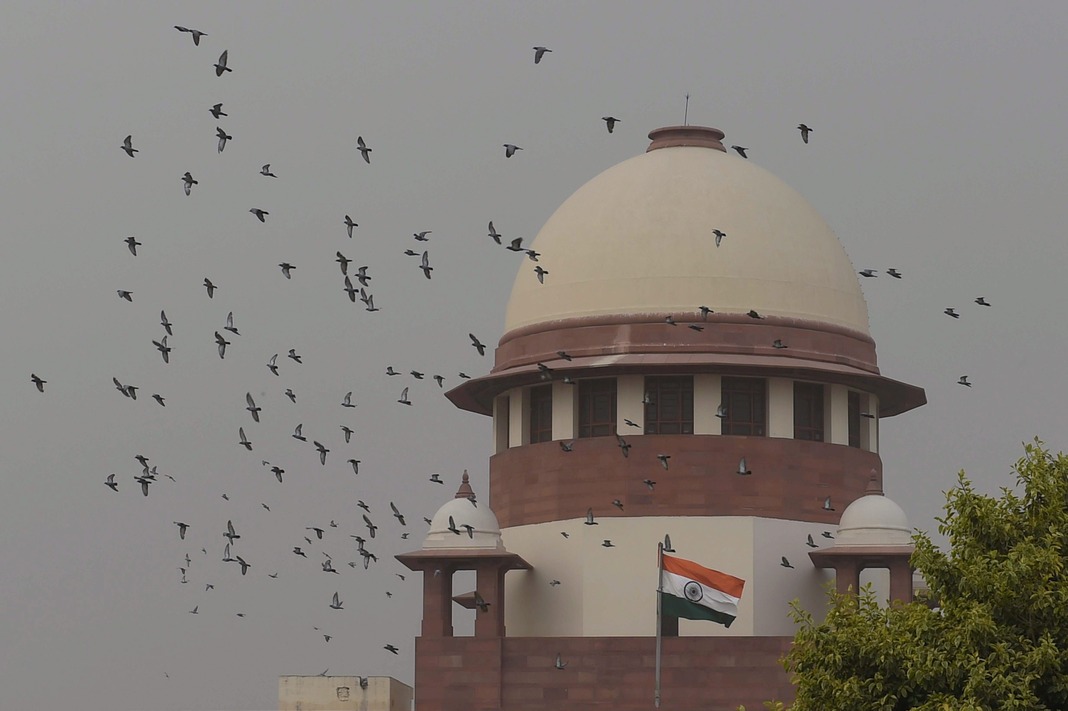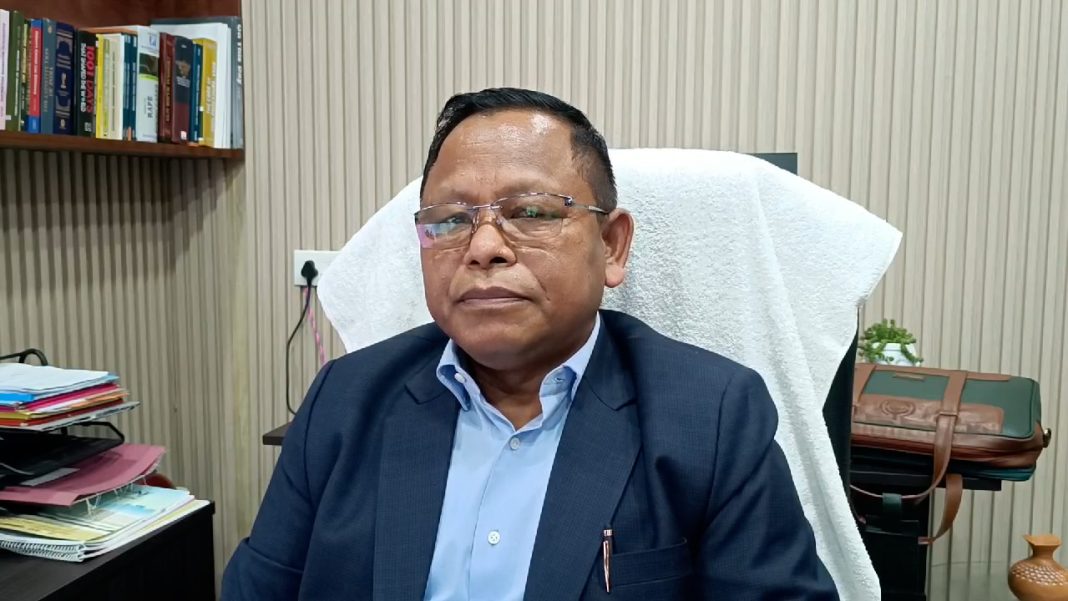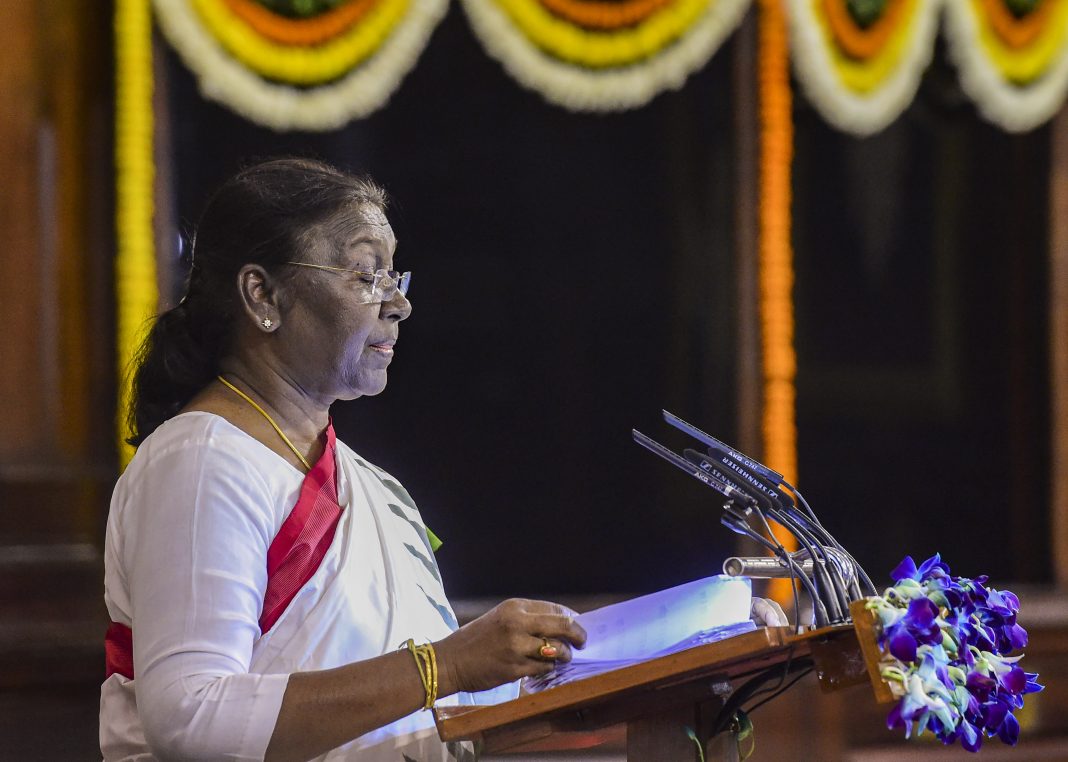New Delhi, Nov 25: In a landmark verdict, the Supreme Court on Monday dismissed the pleas challenging the 1976 amendment to the Constitution adding terms “socialist”, “secular” and “integrity” to the preamble, observing Parliament’s amending power extended to Preamble too.
Rejecting the pleas on grounds, including the delay of over 44 years, the top court said terms like “socialist” and “secular” were “integral to the Preamble” making the “prayers particularly questionable”.
Authoring the verdict, Chief Justice Sanjiv Khanna said, “We do not find any legitimate cause or justification for challenging this constitutional amendment after nearly 44 years. The circumstances do not warrant this court’s exercise of discretion to undertake an exhaustive examination, as the constitutional position remains unambiguous, negating the need for a detailed academic pronouncement.”
The bench also comprising Justice Sanjay Kumar wrote in its seven-page order, “In essence, the concept of secularism represents one of the facets of the right to equality, intricately woven into the basic fabric that depicts the constitutional scheme’s pattern.”
The words “socialist”, “secular” and “integrity” were inserted into the Preamble to the Constitution under the 42nd constitutional amendment moved by the Indira Gandhi government in 1976.
The order observed Article 368 of the Constitution permitted its amendment.
“The power to amend unquestionably rests with the Parliament. This amending power extends to the Preamble,” it underlined.
The top court said the amendments to the Constitution could be challenged on various grounds, including violation of the basic structure of the Constitution.
“The fact that the Constitution was adopted, enacted, and given to themselves by the people of India on the 26th day of November, 1949, does not make any difference. The date of adoption will not curtail or restrict the power under Article 368 of the Constitution. The retrospectivity argument, if accepted, would equally apply to amendments made to any part of the Constitution, though the power of Parliament to do so under Article 368, is incontrovertible and is not challenged,” highlighted the verdict.
The petitions do not require a detailed adjudication as the flaws and weaknesses in the arguments are obvious and manifest, it added.
“While it is true that the constituent assembly had not agreed to include the words ‘socialist’ and ‘secular’ in the Preamble, the Constitution is a living document, as noticed above with power given to the Parliament to amend it in terms of and in accord with Article 368,” it said.
India for a period of time has developed its own interpretation of secularism, wherein the state neither supports any religion nor penalises the profession and practice of any faith, it said.
The order referred to several decisions, underscoring the term secularism was held to be a basic feature of the Constitution.
“The state maintains no religion of its own, all persons are equally entitled to freedom of conscience along with the right to freely profess, practice, and propagate their chosen religion, and all citizens, regardless of their religious beliefs, enjoy equal freedoms and rights. However, the ‘secular’ nature of the state does not prevent the elimination of attitudes and practices derived from or connected with religion, when they, in the larger public interest impede development and the right to equality,” it said.
Commenting on the term “socialism”, the order said in the Indian context, it should not be interpreted as restricting the economic policies of an elected government of the people’s choice at a given time.
“Neither the Constitution nor the Preamble mandates a specific economic policy or structure, whether left or right. Rather, ‘socialist’ denotes the state’s commitment to be a welfare state and its commitment to ensuring equality of opportunity,” it noted.
India has consistently embraced a mixed economy model, where the private sector has flourished, expanded, and grown over the years, contributing significantly to the upliftment of marginalised and underprivileged sections in different ways, the verdict outlined.
The bench also did not agree with the argument that the constitutional amendment be struck down as it was enacted during the emergency where the term of Lok Sabha was extended.
In the apex court’s view, the additions to the Preamble did not restrict or impede legislation or policies pursued by elected governments, provided such actions did not infringe upon fundamental and constitutional rights or the basic structure of the Constitution.
The bench on November 22 reserved its verdict on the pleas filed by former Rajya Sabha MP Subramanian Swamy and advocate Ashwini Updhayay challenging the inclusion of these words in the Preamble to the Constitution.
One of the first petitions was filed by one Balram Singh through advocate Vishnu Shankar Jain in 2020. The amendment changed the description of India in the Preamble from a “sovereign, democratic republic” to a “sovereign, socialist, secular, democratic republic”.
Emergency in India was declared by the late PM Indira Gandhi from June 25, 1975 to March 21, 1977. (PTI)




